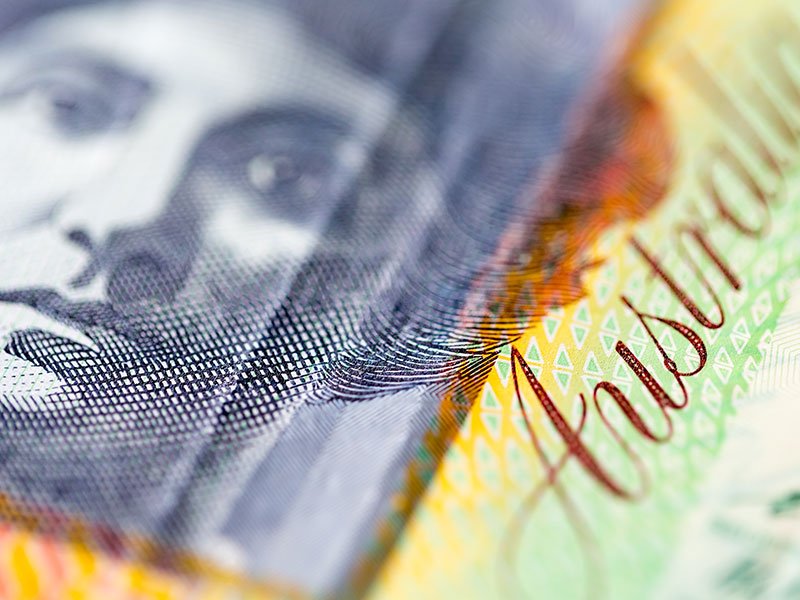The Tax Office has been armed with $111 million to implement a new minimum tax rate targeted at tax dodging multinationals. The government is expected to collect more than threefold the outlay over five years in the crackdown, which is aimed in part at multinational tech and digital firms.
Tuesday’s federal Budget revealed funding for the Australian Tax Office to implement the key aspects of Pillar Two of the OECD/G20 Two-Pillar Solution to address the tax challenges of a digitising global economy.
The ATO is implementing a 15 per cent global minimum tax for large multinational enterprises as part of a suite of changes that also includes stopping the improper exploitation of intellectual property and new disclosure rules for government tenderers.

The minimum tax rate measure is not yet law but funding of $111 million over five years for the ATO was locked in to Treasurer Jim Chalmers’ Budget on Tuesday night.
Budget papers estimate the measure will increase receipts by $370 million over five years.
It is a key piece of the multinational tax reform package the Albanese government promised at the election and implements a commitment Australia made in 2021 – along with other nations representing around 90 per cent of global GDP – to set a company tax floor around the world to stop a race to the bottom on corporate tax rates.
New “income inclusion” and “undertaxed profits” rules will force the companies generating income in Australia to top-up tax on certain low-taxed income and profit.
“A global minimum corporate tax rate of 15 per cent prevents a ‘race to the bottom’ on corporate tax rates, and protects our corporate tax base,” Tuesday’s Budget papers said.
“The global minimum tax rules would allow Australia to apply a top up tax on a resident multinational parent or subsidiary company where the group’s income is taxed below 15 per cent overseas.”
The minimum tax rates will apply to large multinationals with annual global revenue of around $1.2 billion or more.
A domestic minimum rate of 15 per cent will also be implemented to give Australia first claim to a top up in the rare occasions when a large multinational company’s effective Australian tax rate may fall below 15 per cent.
It comes after warnings that tax havens and, complex business structures and easily transferable intellectual property is allowing global giants to dodge tax.
The Albanese government funded the first steps, including new measures to stop the multinationals exploiting innovation and intangible loopholes in its first budget in October.
The new rules are consistent for all sectors, but Assistant Treasury minister Dr Andrew Leigh, who is leading the implementation for government, has singled out technology giants as a target of the reforms.
Several companies have have been under growing scrutiny for aggressive tax minimisation, with tax fairness and transparency experts also singling out tech and consulting giants in its submission to a Treasury consultation on the changes.
A joint submission from the Centre for International Corporate Tax Accountability & Research and the Tax Justice Network last year said the global minimum tax rate is a welcome effort but Australia should be pushing for a higher rate.
It notes multinationals operating in Australia including Accenture, Amazon, IBM, Microsoft, McKinsey and Oracle have reported massive revenue in Australia but much smaller profit margins than their global operations, indicating profits are being shifted out of Australia to artificially reduce taxable income.
Last month, Minister Leigh said he wants companies competing on products and services, innovation and employee treatment, not by finding the next “boondoggle”.
“We don’t think it’s good enough for the tax system to stand still and to allow multinational companies to get away with shenanigans that see profits that ought to be taxed in Australia or transferred offshore,” he said.
Do you know more? Contact James Riley via Email.

